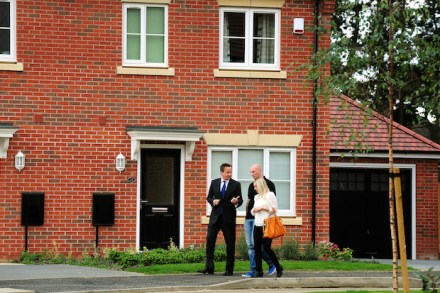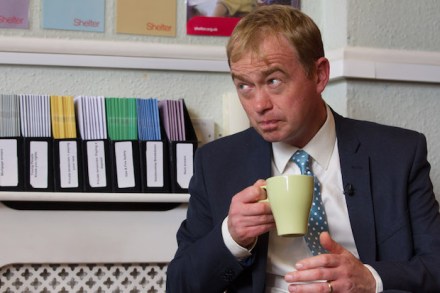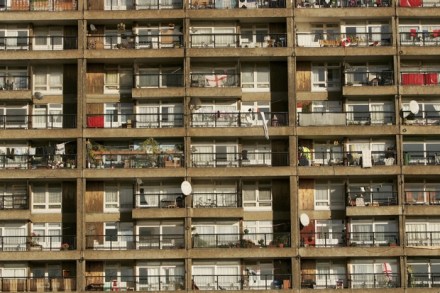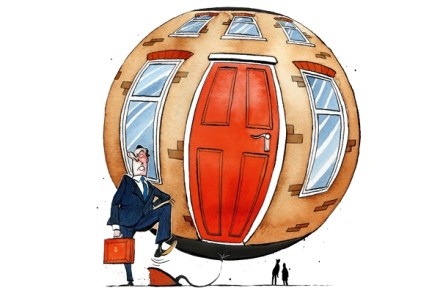David Cameron opens up shared ownership scheme
David Cameron is marking his tenth anniversary as Conservative party leader with a speech in the West Midlands today on one of the party’s core issues: home ownership. The Prime Minister will announce an expansion of the shared ownership scheme — which allows people to part-buy and part-rent a property — by scrapping existing rules: ‘But, because it’s been heavily restricted, many of those people have missed out. We’ve had local councils dictating who is eligible, based on everything from salary to profession to where the buyer comes from. ‘From April next year, that will make 175,000 more people eligible for home ownership. It means some people will be able

















